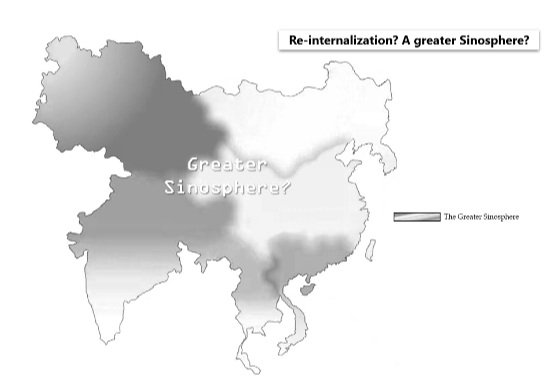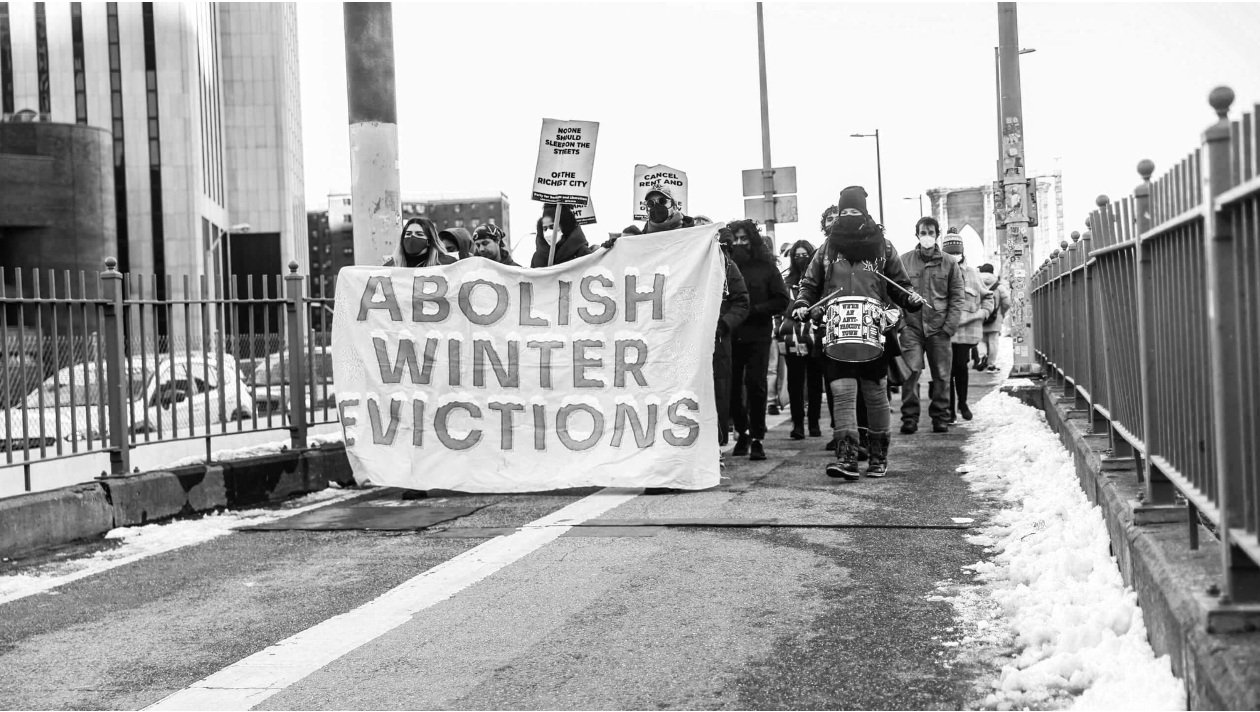Results from Ecuador’s second round of elections held on October 15, 2023 declared Daniel Noboa the next president of the Republic, beating Luisa Gonzalez (Citizen’s Revolution Party) having garnered 52.1% of the vote to her 47.9%. The 35 year old announced his candidacy under the National Democratic Action (ADN) party ticket promptly after the dissolution of Congress was called by President Guillermo Lasso through the use of a constitutional mechanism known as la muerte cruzada that also called for snap elections.
After the bloodiest presidential election in the country’s history where one of its Presidential Candidates, Fernando Villavicencio, was assassinated, Ecuador finds itself as one of the most dangerous countries in the world and at the heart of the modern global narcotics Trade. This is a stark contrast from the nation’s reality just a decade ago, where it was known for the complete opposite as one of the safest nations in Latin America, regarded as one of the prime destinations for tourism and even retirement as the natural beauty, immense biodiversity, and friendly nationals made it a safe haven. Ecuador, once considered an anomaly in a region of the world that has been especially victim to mass-violence driven by revolutions and narco-terrorism, now finds itself submerged in a similar crisis.
In recent years, Ecuador has been impacted by immense political scandals and a growing network of corrupted officials that have systematically garnered control of the State’s Institutions. In the face of corrupt judges and a weak legal system, the country has ultimately fallen to chaos and immense violence, exemplified by deadly prison riots under the last two presidents Lenin Moreno (2017-2021) and Guillermo Lasso (2021-2023) who both had falling approval ratings after incredibly unfavorable and unsuccessful presidential terms. It’s easy to see that there’s an immense desire for change in the political landscape that moves away from the status quo, as career politicians consistently fail to meet their campaign promises of a better, safer and stronger Ecuador. Having gone from a model country of stability in the region to one engulfed in crisis in less than a decade, the biggest issue in this election came down to national security but others such as stabilizing the economy and the mismanagement of basic public services like electricity have been increasingly of concern for the overall electorate.
The extreme circumstances of the election resulted in a victory for what many at first believed to be an unlikely candidate, based on the perceived lack of experience and political power. However, there are a number of combined factors which contributed to President Noboa's victory. These factors include the assassination of candidate Fernando Villavicencio, his debate performances - particularly in the first debate, being considered a political outsider, and cleverly positioning himself as a center-progressive candidate having managed anti-Correa sentiment in his favor.
In the face of the unfortunate and shocking assassination of candidate Fernando Villavicencio, the presidential race found itself in a unique situation as Villavicencio was running heavily on an anti-Correista platform given his outspoken opposition to the former President of Ecuador, Rafael Correa. Following his death, many Ecuadorians who identified strongly as anti-Correistas rallied and were in search of a candidate to get behind which could lead them to the second round and to El Palacio Carondelet - Ecuador’s Presidential Palace. The assassination would have other drastic effects especially in the messaging of candidates and sharpen the focus of the country on the issue of Narcoterrorism and its ties to the government. With the debate stage set, shadowed by the assassination, Daniel Noboa established himself as a formidable candidate with his performance, having displayed a great knowledge of the country’s current issues. Focused on policy agendas rather than confrontational exchanges with his opponents, Daniel Noboa set himself apart from the candidates by discussing other issues affecting Ecuadorians such as labor, economics, and education.
An interesting aspect of Noboa’s messaging throughout his campaign dealt with his political ideology as he declared himself a Central Social Democrat and steered clear of denouncing Correismo or labeling himself “anti-Correista.” This was a key distinction for voters when looking at other candidates, as the presence of a dichotomy between Correismo and Anti-Correismo has had a tight grip over Ecuadorian politics in recent history. Ignoring such labels and instead focusing on his own agenda and establishing his own platform, Noboa has allowed Ecuador an opportunity to move past Correismo where in the second debate he declared the need for all to be “Pro-Ecuador,” further explaining in his Inaugural speech the infinite potential the “Pro-” has and the limits associated with the “anti.” Having made it to the second round, Noboa was able to capitalize on the votes of other candidates as the appeal of an alternative to Correismo captured the attention of voters who were experiencing voter fatigue and bogged down by state of domestic political affairs.
However, as much credit as Daniel Noboa deserves for winning the election, the biggest obstacle of his presidency initially appeared to be overcoming the overwhelming majority that his opposition, the Citizen’s Revolution party, had in the National Assembly - Ecuador’s National Legislature. However, as President-elect, reports began emerging that both opposition parties, ADN and Citizen’s Revolution were coming to terms for an alliance that would allow them to manage a majority alongside the Christian Social Party. After taking office, this alliance was confirmed and in repeated instances leaders of the Citizen’s Revolution party have offered their support for the president’s agenda, making it clear that they will support legislation that does not conflict with their party’s values. The rare circumstances surrounding this term could explain why these parties are coming together, given the limited time in Noboa’s tenure as the next presidential elections will be just around the corner in the beginning of 2025. It appears that parties do not want to be the reason why legislation and reform is stalled especially in the face of increasing narco-terrorist attacks and are instead vying for the next, full presidential term.
For these reasons Noboa has been vocal in his plans since taking office and has made his intentions clear for reestablishing order as he must also be planning for continuity. Amongst his plans was to call for a national referendum where he plans to pose 10 questions focused on national security for Ecuadorians to vote on. However, many critique this plan as ineffective and simply inefficient based on the expenses associated with holding elections again as well as considering that similar attempts by the previous administration ultimately failed. Still in the first months of his presidency, many hope his proposals outlined during the campaign will make way for progress as he identified 4 key axes as the basis for change: Social, Economic, Institutional, Production and the Environment.
A big crisis revolves around unemployment and the lack of opportunities in the country for the youth trying to enter the labor force in growing numbers. Many point to the lack of opportunities as the fundamental reason for the rise in crime and the emergence of an estimated 40,000 Narco-Terrorists in the country that have devastated the day-to-day lives of Ecuadorians. This was an issue addressed on the campaign by Daniel Noboa and in his presidential proposals where he emphasized the importance of investing in education, specifically increasing scholarships awarded for post secondary education as he announced 25,000 new scholarships accessible to women for technical or university education in a program that hopefully is expanded. Daniel Noboa was wise to utilize his age to connect to voters, appealing to a vital demographic in the country of millennials and centennials that are turning of voting age, making sure to also address the concerns of around 54% of the population..
While Daniel Noboa still finds himself within the first 100 days of his Presidency, there are high expectations for the change that will occur during his presidency. The president faces immense pressure to provide the country with relief from the issues it currently encounters but the reality of the matter is that Noboa only has a little more than a year in his term to enact vital reforms which clearly isn’t nearly enough time to address the issues impacting millions of Ecuadorians. Considering the instability the country is in and the weak infrastructure of the government’s institutions, it will take Ecuador around a decade, most likely longer, to stabilize the current situation and return to any sort of resemblance of tranquility the nation once had. Although Noboa must deal with a short term, it is safe to say that he will pursue reelection and as a result is making sure to use his time in office wisely by demonstrating that his administration is able to govern and legislate unlike the past administrations who found themselves deadlocked and stalled in the National Assembly. Time will tell how Noboa’s Presidency will turn out but so far he has demonstrated a distinct approach to leading the country that will hopefully see prosperity and growth for Ecuadorians.







